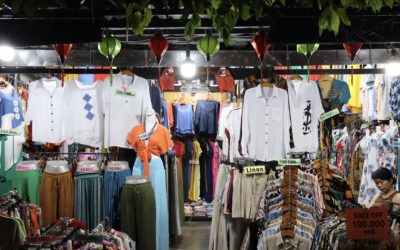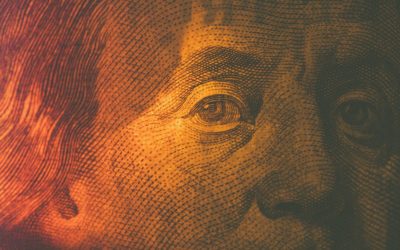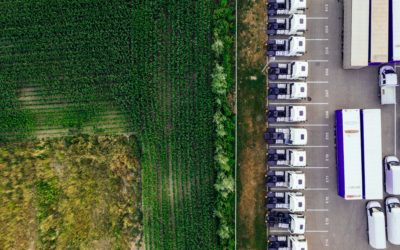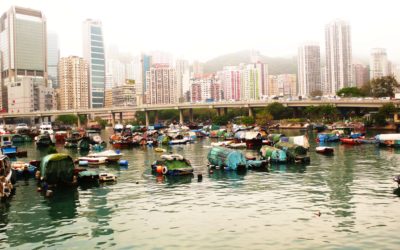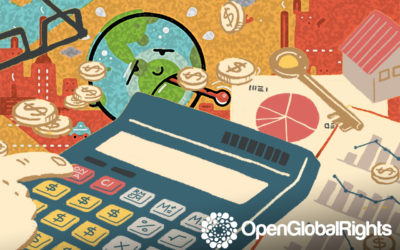New US trade tariffs are framed as being directed to countries. But what about the millions of people, and particularly the women, in the countries who depend on exports for their livelihoods?
Recent articles
The Human Rights Case for Drawing a Line Under Extreme Wealth
Inequality is inconsistent with human rights. The human rights community has tended to focus on those living in poverty – but what if it focused on the rich? An extreme wealth line draws attention to the point above which wealth concentration is harmful to society as a whole.
How (not) to get the best out of a trade Sustainability Impact Assessment
Done well, Sustainability Impact Assessments (SIAs) of trade agreements can provide useful insights and help craft inclusive, sustainable trade policy. The recent SIA of the EFTA-Thailand trade agreement provides an opportunity to reflect on what works and what doesn’t.
Institutions, Power and the Nobel Prize
Institutions matter. Institutions must be inclusive for a society to thrive. The rule of law is a valid concept in economics.
In awarding the economics prize for the study of how institutions are formed and affect prosperity, the Nobel Committee has validated key Human Rights Economics concepts.
Fonder l’économie sur les droits humains pour transformer la pensée et la pratique économiques
Analysées du point de vue des droits humains, ni les sciences économiques ni la pratique économique sont à la hauteur des défis sociaux et environnementaux...
What is Human Rights Economics?
Human rights economics strives for an economic system that is just for people and the planet, that promotes social and economic justice, that integrates a plurality of views and traditions and that is inclusive in both its processes and outcomes.
